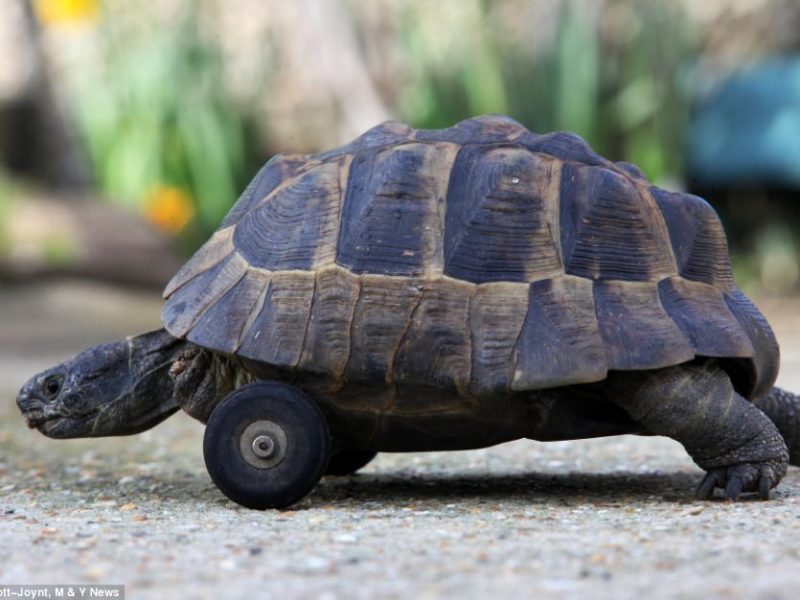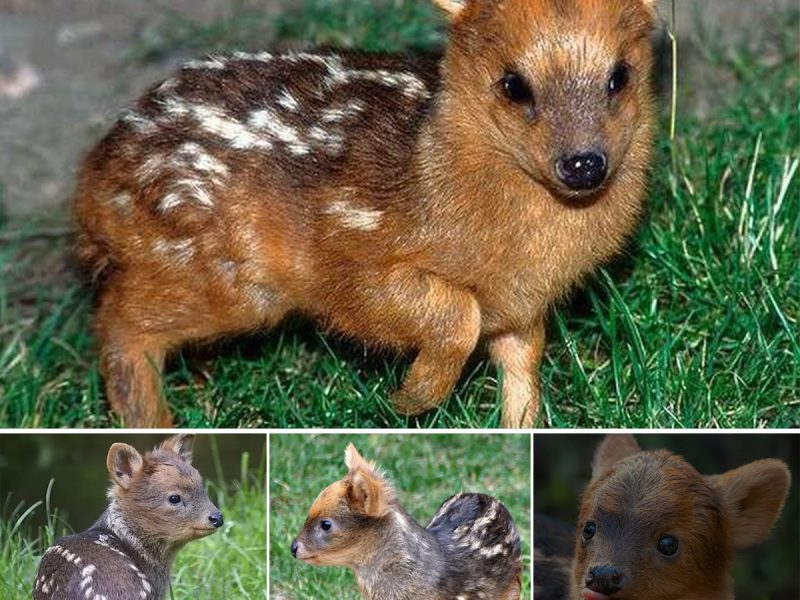Next time you’re crammed in the middle seat on a plane counting down the hours, be thankful you’re not sharing the couch with 80 birds. Big ones.
In the United Arab Emirates, it can very much happen though. A member of the Saudi Arabian royal family reportedly purchased individual seats for all 80 of his falcons on a recent flight in the UAE.
The photo of the birds perched around the plane, along with a few scattered human passengers, was posted by Reddit user lensoo, with the following caption: “My captain friend sent me this photo. Saudi prince bought ticket for his 80 hawks.” (Apparently, the poster incorrectly identified what kind of birds are on the photo).
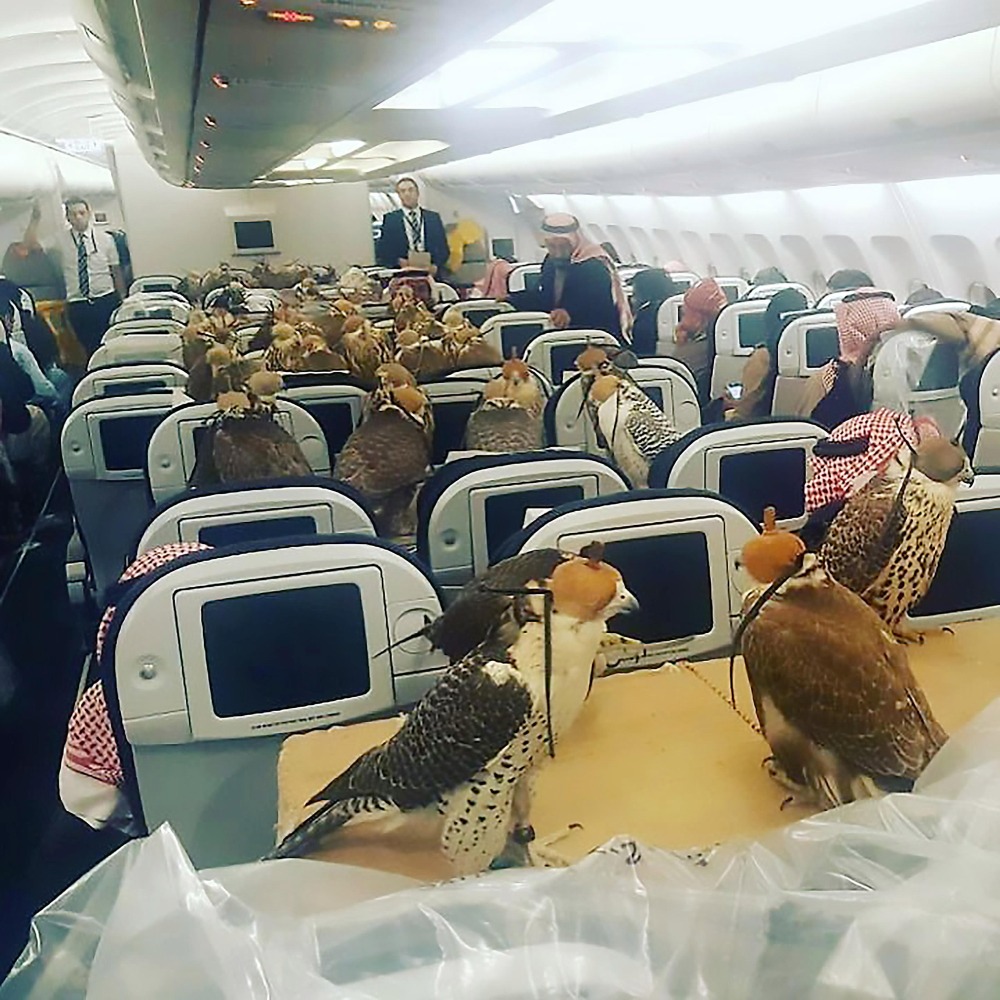
The sight of a flight indended for human travellers being filled with birds may seem strange at first, but the practice of transporting falcons on planes in the Middle East isn’t actually that uncommon. Falconry has been practiced in the Middle East for thousands of years and is still a popular pastime for the United Arab Emirates elite (Dubai boasts both a high-end falcon hospital and a museum dedicated to the birds).
That said, it’s not quite clear why this particular falconer needed to take so many.
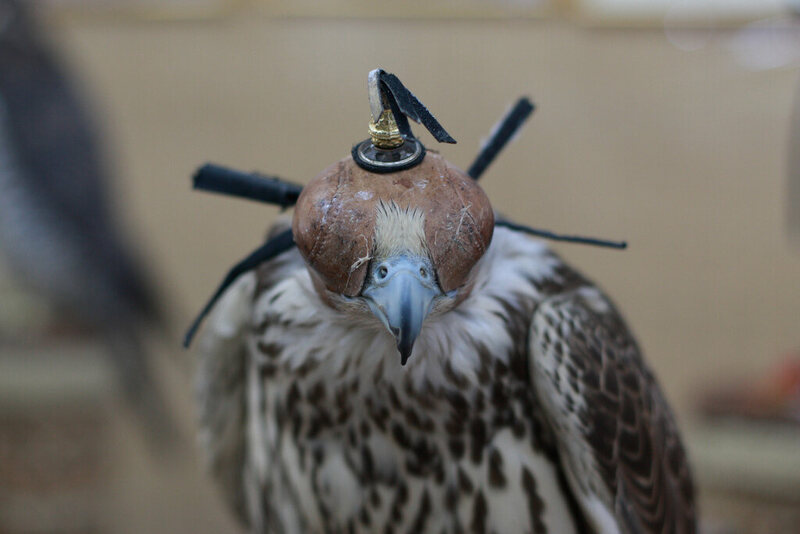
A blindfolded falcon ready to rack up some frequent flier points. Photo: yeowatzup on Flickr/Creative Commons)
One commenter on Reddit pointed out that Qatar Airways allows a maximum of six falcons on board per customer, while Gizmodo reports that Etihad Airways allows falcons both in the main cabin or as checked baggage.
Furthermore, the falcon is the national bird of the UAE, which may explain why several Gulf airlines are ready to accommodate the birds’ transit needs.
And there’s even more. Falcons get their own passports from the UAE to travel.
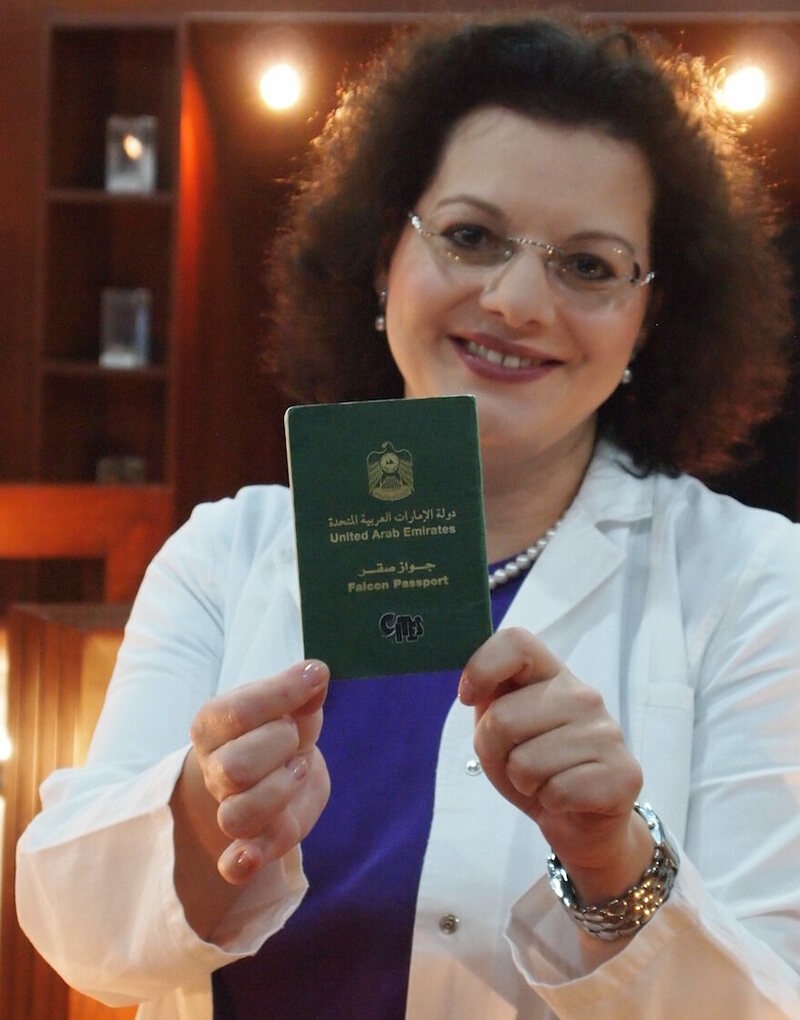
Abu Dhabi Falcon Hospital director Dr. Margit Muller displays the relevant falcon documentation. Photo: Eric Elder
The passport is valid for three years, for air travel in the UAE in order to protect the birds from smugglers. While no photo is required, the birds must be fitted with a leg ring with an ID number corresponding to its passport. The passport allows a falcon to travel to Bahrain, Kuwait, Pakistan, Morocco, Oman, Qatar, Saudi Arabia, and Syria.
A representative for the Flydubai airline told Frank Kane, a reporter for the UAE news website The National that, while aboard a flight, falcons must each have their own seat and are placed on a cloth to avoid accidents.
So, after all, this isn’t as rare of an occurrence as one might think. At least, in one part of the world.
